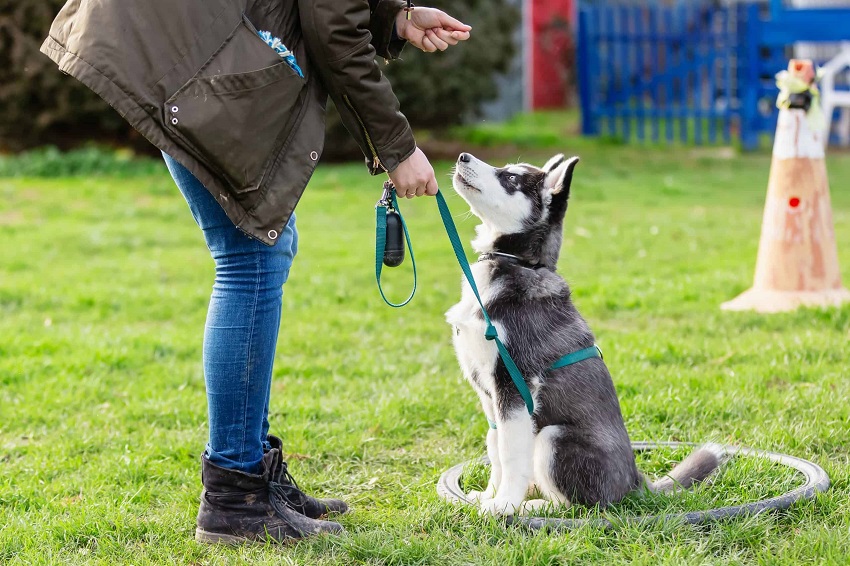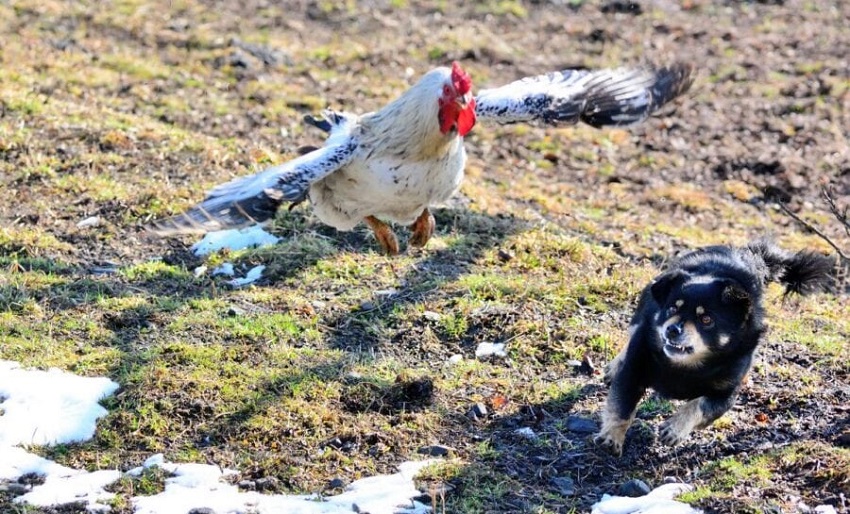Have you ever wondered about the intricate facets of a dog’s behavior? The furry companions we share our lives with have a unique blend of instincts, emotions, and behaviors that often leave us intrigued. One question that occasionally surfaces is whether dogs change after killing an animal. This query opens the door to a fascinating exploration of canine instincts, their evolutionary history, and the potential impact of such actions on their behavior. This content is presented by Snapbuzzz.com.
The Predatory Instinct: Unearthing Ancient Behaviors
Dogs, as descendants of wolves, carry with them an ancient predatory instinct that has been finely honed through generations of evolution. This instinct is deeply rooted in their DNA and is an integral part of their survival strategy. In the wild, canines relied on hunting and scavenging for sustenance, and this behavior has left an indelible mark on their genetic makeup. Discover how to keep hunting dogs off your property.
The Shift in Behavior
When a domesticated dog, despite the comforts of a home, environment, and regular meals, indulges in killing an animal, it can trigger a noticeable shift in their behavior. This shift is often attributed to the reawakening of their primal instincts, a throwback to their wild ancestors. It’s not a change in their core nature but rather a reconnection to an aspect of their identity that has been tempered over millennia.
Understanding the Triggers: What Prompts This Behavior?
Several factors can trigger a dog’s instinct to hunt and kill. These triggers are often multifaceted and can vary from one individual to another.
1. Scent and Movement:
Dogs have an incredible sense of smell and can detect even the faintest traces of animal scents. The movement of a small animal, such as a squirrel or a rabbit, can activate their hunting instincts, compelling them to give chase.
2. Prey Drive:
Prey drive is an inherent motivation to pursue and capture prey. This drive is more pronounced in some breeds than others due to their historical roles as hunters or working dogs.
3. Lack of Stimulation:
Dogs left without sufficient mental and physical stimulation might resort to hunting behaviors to alleviate boredom.
The Aftermath: Behavioral Changes and Adaptations
While the act of killing an animal might be distressing for dog owners, it’s essential to recognize that this behavior doesn’t inherently transform a dog’s entire personality. However, there can be certain changes in behavior that arise in response to this primal act.
1. Heightened Alertness:
The experience of hunting and capturing prey can elevate a dog’s alertness levels. They might display increased vigilance and a heightened sense of their surroundings.
2. Desire for Repetition:
Some dogs might exhibit a desire to replicate the hunting experience. They could display impatience during walks or show a sudden interest in chasing smaller animals.
3. Emotional Impact:
Dogs may not fully comprehend the implications of their actions, but they can react to the emotional energy of their owners. If an owner expresses distress or anger, the dog might exhibit submissive behavior. Discover How Long Can a Dog Live with Cyanosis?
Navigating the Response: Owner’s Role in Behavioral Adaptation
As responsible pet owners, our reactions play a crucial role in how our dogs adapt to their behaviors. Instead of reacting with frustration, understanding the underlying instincts and addressing them can lead to a more positive outcome.
1. Enrichment Activities:
Engaging your dog’s mind through interactive toys, puzzles, and games can channel their energy and instincts in a positive direction.
2. Training and Distraction:
Reinforce commands like “leave it” or “drop it” during walks to redirect their attention away from potential prey.
3. Professional Guidance:
If the behavioral changes are significant or distressing, seeking advice from a professional dog trainer or behaviorist can provide tailored strategies.
Conclusion
The act of a dog killing an animal taps into a deep-seated instinct that has evolved over countless generations. While it might trigger some behavioral changes, it doesn’t completely alter the dog’s core nature. As pet owners, our role in guiding and understanding these behaviors is pivotal. By acknowledging the ancestry and instincts within our canine companions, we can create a harmonious environment that respects their nature while ensuring a positive coexistence.
FAQs
Q1: Is it normal for domestic dogs to exhibit hunting behaviors?
Yes, it’s entirely normal for domestic dogs to display hunting behaviors, as they retain their ancestral instincts.
Q2: Can I completely eliminate my dog’s hunting instincts?
Hunting instincts are deeply ingrained. While you can manage and redirect them, eliminating them entirely is unlikely.
Q3: My dog shows aggressive behavior towards small animals after chasing them. What should I do?
Consult a professional dog behaviorist who can assess the situation and provide tailored guidance to address the aggression.
Q4: Are certain dog breeds more prone to hunting behaviors?
Yes, some breeds have a stronger prey drive due to their historical roles in hunting or working alongside humans.
Q5: How can I ensure my dog’s safety while walking in areas with wildlife?
Using a leash and harness, and practicing commands like “come” and “stay,” can help you maintain control and ensure your dog’s safety during walks.






